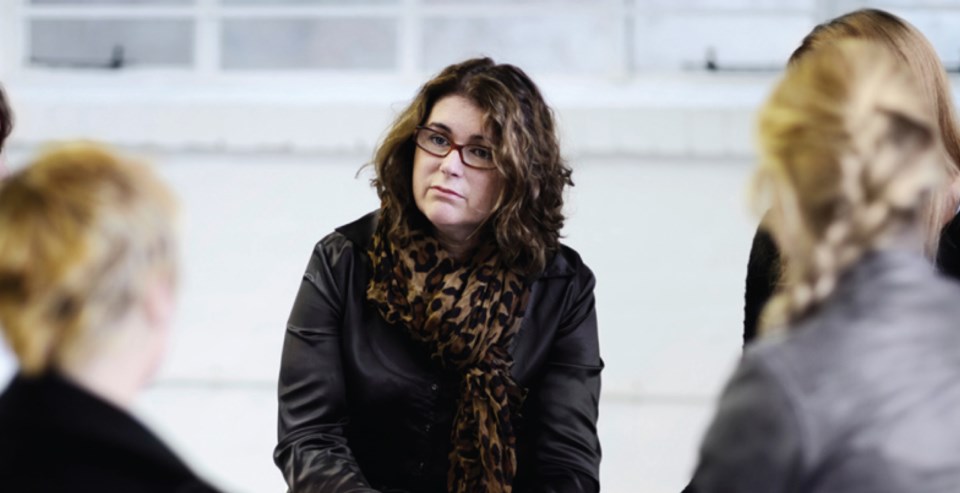November 15 - 22 marks Restorative Justice Week around the world. This year, we celebrate the many innovations being carried out around the world through a restorative approach that emphasizes healing for victims, accountability for offenders, and the involvement of citizens in fostering a safer and healthier community.
One illustration of an innovative and restorative approach takes place in Pakistan, where reconciliation committees are slowly replacing the ancient custom of Jirga. The Jirga is an ancient practice, which is controlled by respected male elders from the community and involves resolving conflict through a community discussion, where everyone shares opinions and the resolution must be satisfactory to all. While disagreement is tolerated, the final verdict is rendered unanimously by the elders and punishment is delivered to those who disobey their rulings.
Reconciliation committees that include women and police are modernizing and transforming this traditional way of resolving disputes. While the valuable right of all affected parties to voice their opinions and come to a resolution acceptable to everyone continues to be practiced, severe punishments were replaced by community work. And, if the resolution was rejected by the offender, he or she was referred back to court. The committees were successful in resolving minor and serious cases, and had the added benefit of restoring relationships between the affected parties and also reducing police corruption and brutality; of fostering a stronger and more cooperative working relationship between communities and government agencies and; of offering a safer alternative for women and children at risk, previously, from police abuse and Jirga punishment. While a lot more work remains, the committees demonstrate an innovative and restorative approach to justice that is taking hold.
Whether it’s further abroad or here at home, there is a need to address harm and repair relationships through community. The Richmond Restorative Justice Program aims to bring together everyone affected by a particular crime or conflict. It offers each person the opportunity to be listened to, understood and respected. A collective responsibility is undertaken to identify how people can be accountable and address the needs of victims. Resolutions are reached through consensus and must be fair and satisfactory to all. Indeed, it is an alternative and innovative approach to our traditional legal system that respects the role of community in delivering restorative justice.
The Richmond Restorative Justice Program has been in operation in Richmond since 2004 and accepts referrals from the community, including police, schools and crown. For more information about the program, please visit the restorative justice page at www.touchfam.ca or contact Program Coordinator Haroon Bajwa at 604-207-5039.



